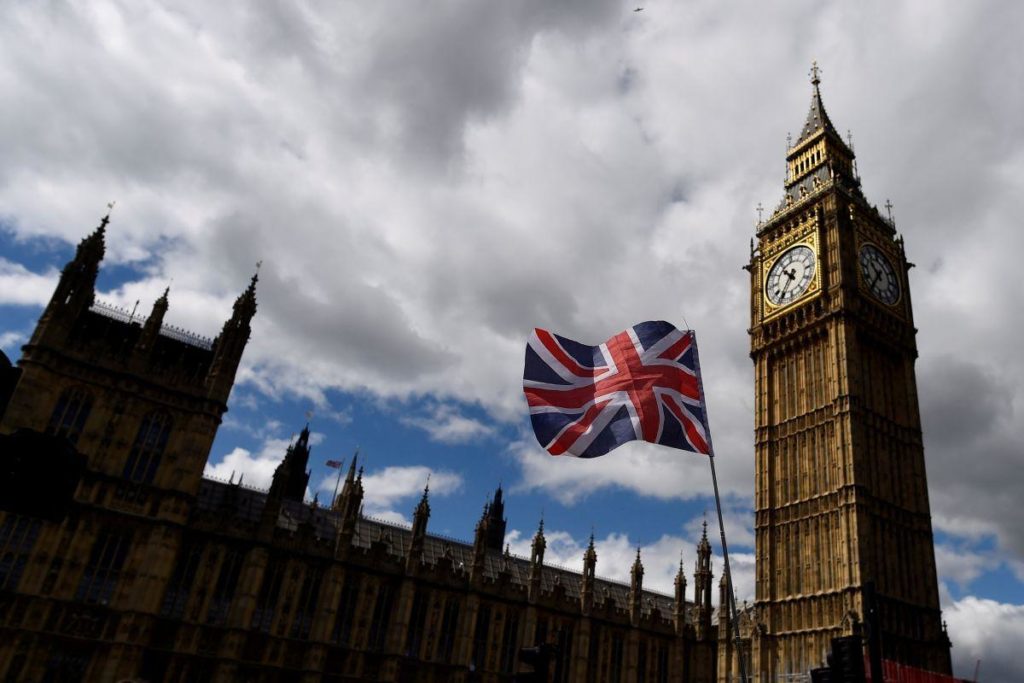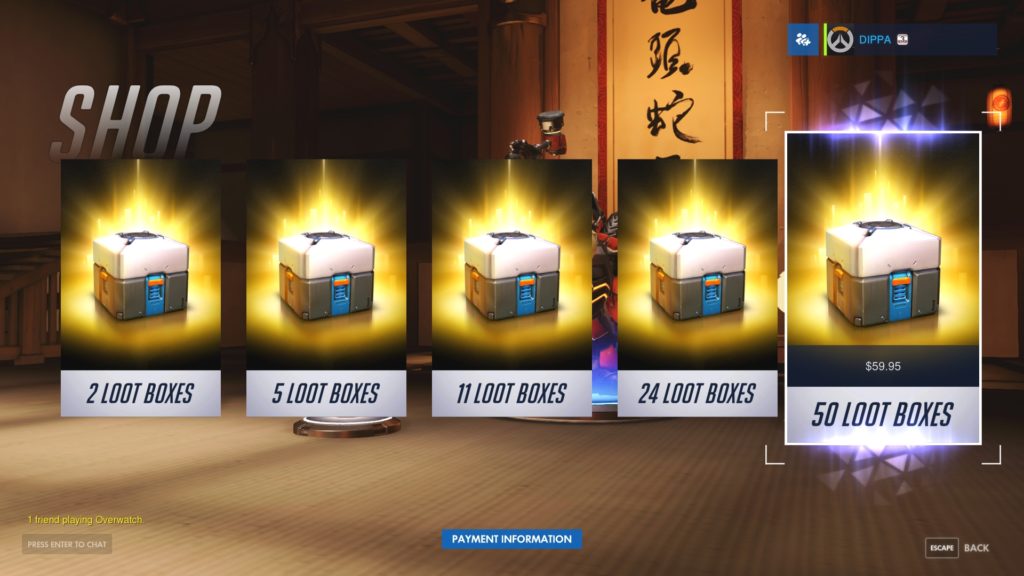The British Commissioner for Children’s Rights has called for a ban on the sale of any items in games, with the exception of cosmetics. And also recognize loot boxes as a form of gambling and regulate them accordingly.

As reported by Gamesindustry.biz, these calls are contained in a new report of the Children’s Ombudsman. The 37 pages examine the impact of games and their monetization mechanics on children. At the end of the document, the commissioner recommends that the authorities make certain amendments to the laws on the regulation of games.
In particular:
The authorities should ban the sale of items that affect gameplay
This item concerns in-game items that change the gameplay. This includes, among other things, more powerful weapons, amplifiers, experience boosters.
As the commissioner writes: “Developers and stores should not allow the progression in games for children to be carried out for money. Children’s expenses should be limited to items that are not related to gameplay. For example, cosmetic items such as new outfits (for the characters).”
As an argument, the commissioner cites a study of his office, which interviewed child players from 10 to 16 years old. Some of them admitted that in titles like FIFA they feel as if the game “exerts pressure” and forces them to acquire new characters for faster progression.
Also, games containing IAP should give the player the opportunity to view their purchase history, the report says.

The authorities should treat loot boxes as a form of gambling
The Commissioner suggested that the authorities expand the legal definition of gambling. He is convinced that the law should take into account new forms of gambling — “including those found in online games.”
In his judgment, he relies on the experience of Belgium and the Netherlands, where, we recall, they seriously took up loot boxes. Games containing loot boxes are blocked there. For this purpose, changes were made to the laws of both countries.
Previously, the UK Gambling Commission did not see a connection between loot boxes and gambling. But the office of the Commissioner for Children’s Rights is sure that loot boxes have a bad effect on minors: “Children appreciate winning certain items (even when they cannot be cashed out) so much that it forces them to spend huge sums.”
In addition, a number of games allow you to cash out such items on illegal trading platforms. And this is already causing financial harm to the economy, which also needs to be reflected in the new legislation, the commissioner believes.

Authorities should limit children’s daily playtime
For example, the media giant Tencent in China has already done so. He blocked round—the-clock access to games: now the game session for teenagers is limited to two hours, and for children – one hour.
The British commissioner in his report called on the government to introduce a maximum limit for all children’s games where there is an IAP. He did not offer a specific number of hours.
In addition, gaming companies and stores, according to the commissioner, should provide anonymous data about players for independent research. This data includes the average playing time in specific titles.
Also on the topic:
